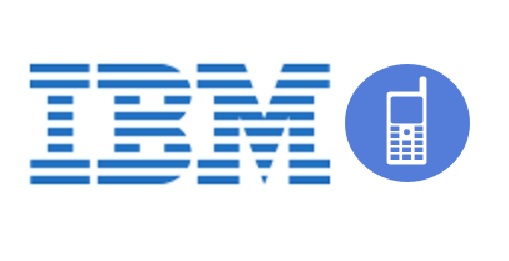Mobile marketing degrees are not being handed out
 Education isn’t something that stops with a diploma or a degree, and continuing your learning is not a vital element in the majority of most professions, especially for marketers, who must always know the latest developments and trends to ensure that they can offer what their clients want most and how to best engage consumers to create an effective call to action.
Education isn’t something that stops with a diploma or a degree, and continuing your learning is not a vital element in the majority of most professions, especially for marketers, who must always know the latest developments and trends to ensure that they can offer what their clients want most and how to best engage consumers to create an effective call to action.
Marketers go through their formal education and spend years building job experience, and the lucky ones are hired by a terrific organization. But this doesn’t mean that the learning can end there. Though governing laws may not require a marketer to take continuing education courses or otherwise update their professional knowledge, it remains an integral part of their ability to succeed (and for the ability of their employer to succeed).
PR and marketing professionals must remain on the cutting edge. Today, this means that they need to be aware of the latest developments and trends in the internet and technology. These two industries are moving faster than most people can imagine. Yesterday’s exciting new emerging concepts – such as LinkedIn, Facebook, and Twitter – have become common parts of our daily lives and, as such, are also routine elements of marketing campaigns and strategies.
As we’ve been seeing, emerging social media such as Pinterest and Google+ are just starting to find their place, and marketers will need to keep on top of their growing popularity or they will become lost in the trends and fall behind. That said, social media is only the start.
Mobile is opening up a whole world of new opportunities, but for many, it is like starting from scratch once more. QR codes, for example, aren’t just a buzz word anymore, but are becoming both supporting and central elements of massive campaigns.
The difference mobile search made during the year…
With the ever growing number of smartphones in the marketplace, mobile search has become more important than ever before, but marketers are quickly discovering that their efforts with SEO and other traditional search techniques, cannot be quite the same as they were for the regular web.
Mobile search – unlike traditional laptop and desktop-based queries on search engines – offer different results different results and provide a different way of demonstrating those results depending on the kind of device that is being used – for example, a tablet or a smartphone.
Google has recently announced the development of a search engine crawler that was created specifically for smartphones, and that functions separately and differently from the one it is currently using for the typical feature phone. This is a strong indicator that unique SEO techniques will be required to effectively optimize apps and sites meant for smartphones.
Until now, it has always been believed that Google’s treatment of all mobile devices – from tablets to smartphones to feature phones – has been relatively the same as it has been for PCs, only with a few additional geo-specific results. However, with this recent announcement, it is clear that Google intends to treat the various devices differently, and SEO experts will need to come up with a new strategy that will take this into account.

 nnounced that Monet, a leading mobile commerce provider in Pakistan, has begun using its cloud-based solution to provide enhanced service to consumers. Mobile commerce is growing in the Middle East and Monet has positioned itself to become one of the leading platforms currently available to consumers. As mobile commerce becomes more popular, Monet is working to make payments more secure and placate some of the concerns coming from consumers.
nnounced that Monet, a leading mobile commerce provider in Pakistan, has begun using its cloud-based solution to provide enhanced service to consumers. Mobile commerce is growing in the Middle East and Monet has positioned itself to become one of the leading platforms currently available to consumers. As mobile commerce becomes more popular, Monet is working to make payments more secure and placate some of the concerns coming from consumers.